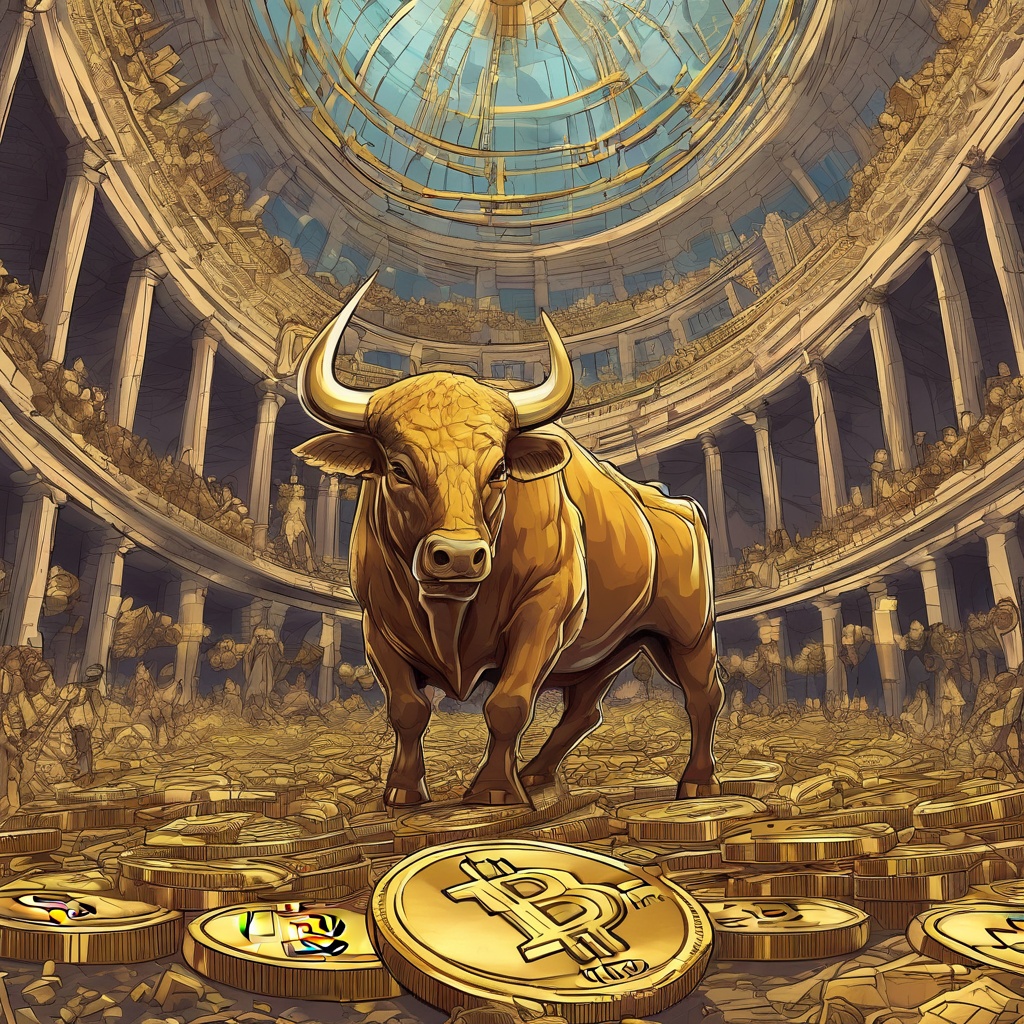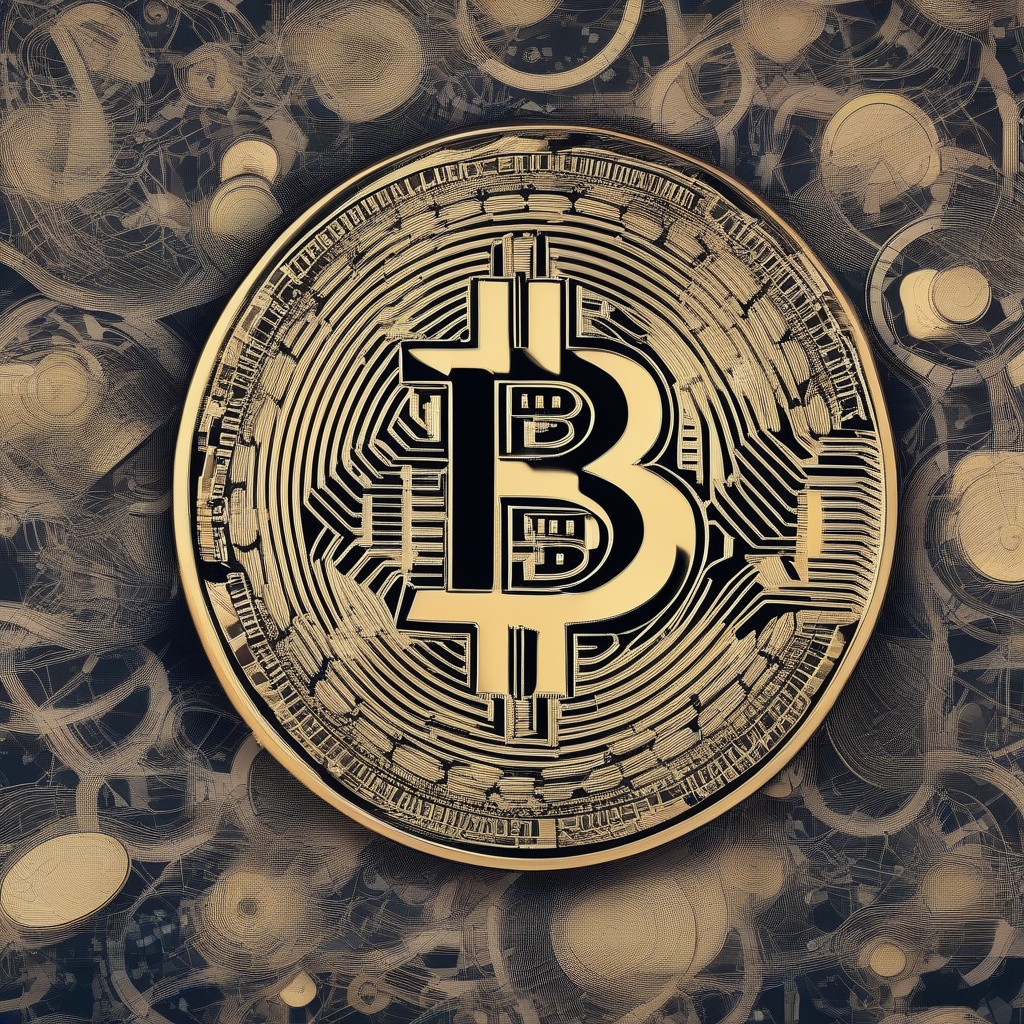What is the minimum amount to start cryptocurrency?
I'm really interested in cryptocurrency and I'm considering getting started. However, I'm not sure how much money I need to invest to get started. Could you please tell me what the minimum amount is to start investing in cryptocurrency?

Which country like crypto most?
I'm curious, which country is the most passionate about cryptocurrency? I've noticed that the adoption and enthusiasm for crypto seem to vary significantly across different regions. Some countries seem to be more open and receptive to the concept of blockchain technology and digital assets, while others are more cautious or even resistant. I'm interested in hearing your thoughts on which country leads the pack in terms of crypto adoption and enthusiasm. Could it be a country with a strong technology background, or perhaps one that has experienced significant economic challenges and is looking for alternative solutions? I'd love to hear your insights and perspectives on this topic.

Is crypto real money?
Is crypto real money?" This question has been on the minds of many as the world of cryptocurrencies has exploded into the mainstream. To the untrained eye, it might seem like a mysterious and even frivolous pursuit, with values fluctuating wildly and the underlying technology seemingly too complex to grasp. But let's break it down. Cryptocurrencies, like Bitcoin and Ethereum, are built on a foundation of cryptography, a discipline that ensures the security and integrity of digital transactions. These currencies exist not as physical notes or coins, but as entries in a vast, distributed ledger known as a blockchain. This ledger is maintained by a network of computers, ensuring that transactions are recorded accurately and irreversibly. The value of cryptocurrencies is derived from their utility and the trust placed in them by the community. Just like traditional currencies, they can be used to buy goods and services, invest in projects, or simply hold as a store of value. However, the volatility of their prices and the lack of regulation in some parts of the crypto world can make them a risky investment. So, is crypto real money? In a sense, yes. It fulfills the basic functions of money: it can be used as a medium of exchange, a store of value, and a unit of account. However, it's also a highly specialized and evolving asset class that requires a level of understanding and caution to navigate. As with any investment, it's important to do your research and consult experts before diving in.

How does Bitcoin make money?
Could you explain how Bitcoin generates value and generates profits? I've heard a lot about Bitcoin, but I'm still confused about its economic model. How does it differ from traditional fiat currencies? And how does it ensure its value and stability? Also, how does Bitcoin mining work? Is it profitable to mine Bitcoin? Could you provide some insights into the Bitcoin economy and its profitability?

Why governments are afraid of crypto?
Governments are afraid of crypto? I'm not sure I fully understand the logic behind that statement. After all, cryptocurrencies are just a new form of digital asset, aren't they? Why should they make governments afraid? Maybe it's because they're decentralized and not controlled by any central authority? Or maybe it's because they're anonymous and hard to trace, making them a potential tool for illegal activities? But then, doesn't that just mean we need to improve our regulatory framework to ensure crypto assets are used responsibly? Instead of being afraid, shouldn't we embrace the potential of crypto and work to make it a force for positive change? After all, crypto could help us solve some of the biggest problems facing our global economy, like lack of access to financial services or the slow, expensive process of cross-border payments. I'm not saying it's all roses and sunshine, of course. There are risks and challenges associated with crypto, just like there are with any new technology. But that doesn't mean we should shun it or try to suppress it. Instead, we should approach it with an open mind and work to understand its potential and limitations.

